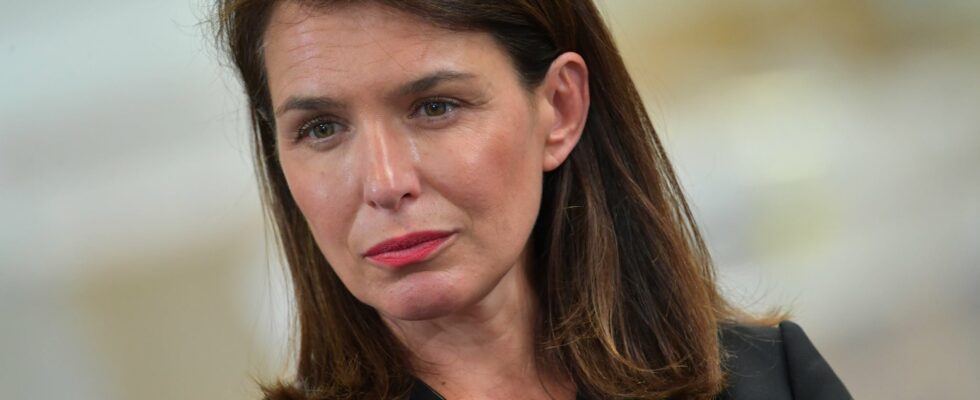Putting public finances in order, liberalizing business life: these are the two axes of the best economic and social program for France. There is a political window to convince our fellow citizens that this project is the right one for the future of our country. A growing number of French people are worried about the incredible slippage in our public finances, and most business leaders, farmers, liberal professions and civil servants can no longer bear trying to do their job as best as possible while fighting every time. day against the practical absurdities resulting from French normative madness. At the same time, Javier Milei in Argentina, and Donald Trump and Elon Musk in the United States have politically revalued the question of simplification, with a style of certainly questionable populism, but undoubtedly effective pedagogy.
A chicken in front of a knife
As much as these general ideas of deficit reduction and simplification become, if not consensual, at least quite widely shared among us, reflection on the method of action is almost nil. Concerning public finances, we have seen Michel Barnier’s government unable to reduce spending other than by cutting corners, which is as lazy as it is painful and inefficient. The right is not shy of speeches on the need to control public debt. But once one of her people is in power, she finds herself like a chicken in front of a knife.
A recent and inspiring example of reduction in public spending is located less than 200 kilometers from Paris, in the Pays de la Loire region. Its president Christelle Morançais (Horizons) presented a 2025 budget which provides for 100 million euros in reductions in operating expenses – investment is not affected – out of a budget of 1.4 billion. A 7% reduction is huge. The region will notably rationalize the operation of professional integration.
The left opposition is on the verge of a heart attack, without knowing whether this emotion is overplayed or sincere. Christelle Morançais is notably accused of wanting to assassinate culture since she decided, very appropriately, to reduce the subsidy envelope. And yes, the left should understand that there must be a great French culture that is not systematically infused by taxpayers’ money. On this cultural question, the example of Pays de la Loire should fuel broader reflection. Wouldn’t a culture less dependent on subsidies be more inventive, freer, or even better able to meet the expectations of a demanding public?
Every standard must have a deadline
In terms of simplification, let’s turn our gaze to regions more distant and exotic than the banks of the Loire: the northwest of the United States, in Idaho, a state bordering Canada, separated from the Pacific by Oregon. At the end of the 2010 decade, this State managed to reduce its public code by 40%. Republican Governor Brad Little carried out a reform that removed or simplified nearly 2,000 pages of regulations, making Idaho the state with the lightest administrative corpus in the country. Everything has been done to ensure that normative inflation is controlled, based on four principles: each standard has a deadline providing for its expiration, unless it is explicitly extended; the State sets a ceiling on the annual volume of new regulations; each regulation must be subject to a cost-benefit analysis; and an independent office examines their relevance.
This reform produced measurable results: it allowed Idaho to significantly reduce procedural delays for businesses and stimulate job creation in sectors such as agriculture and new technologies. This example shows that radical regulatory simplification can concretely transform the economy and the daily lives of citizens.
Political parties, which today are at best clubs of elected officials, at worst events agencies for their leaders, must take the initiative again on an intellectual level. By drawing inspiration from the policies carried out in our territories or abroad, they would finally know what to do, and how to do it once in power.
Nicolas Bouzou, economist and essayist, is director of the consulting firm Astères
.
